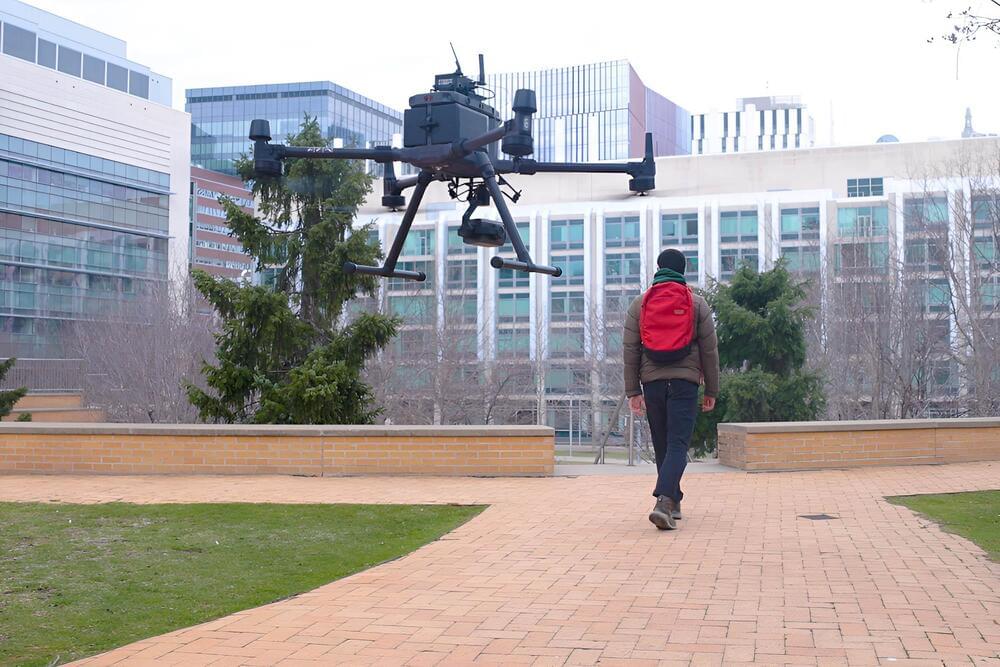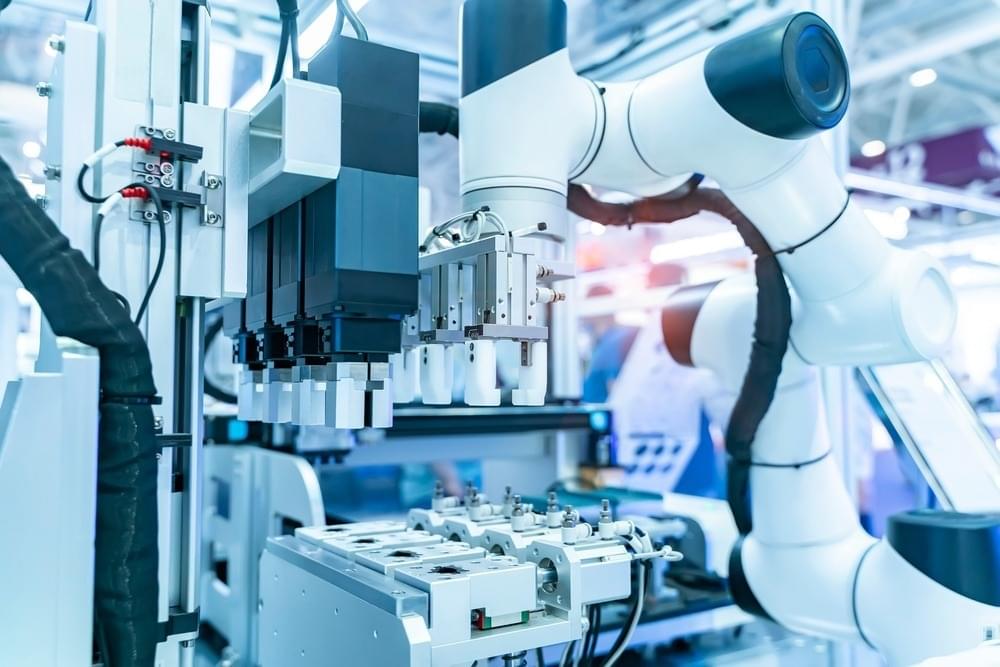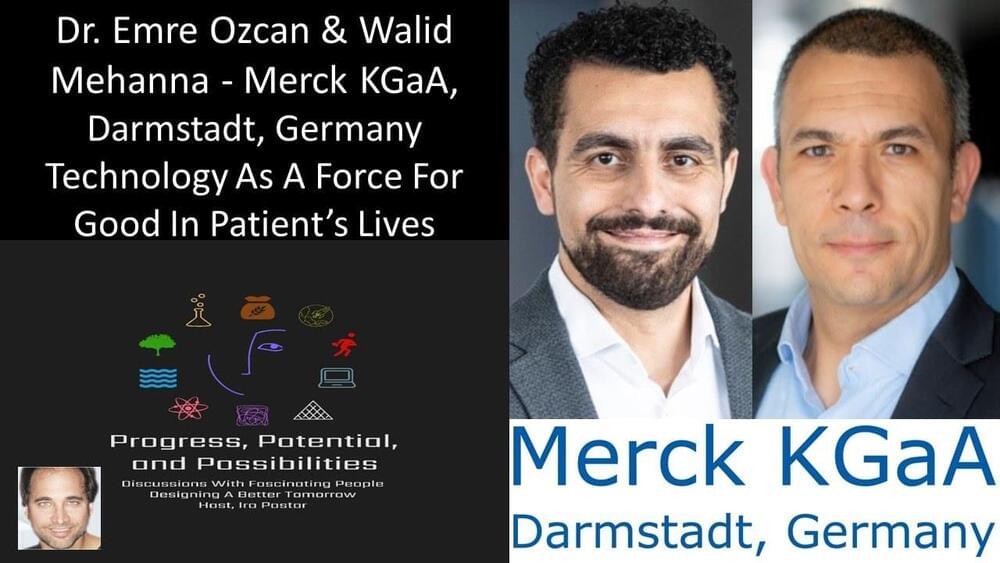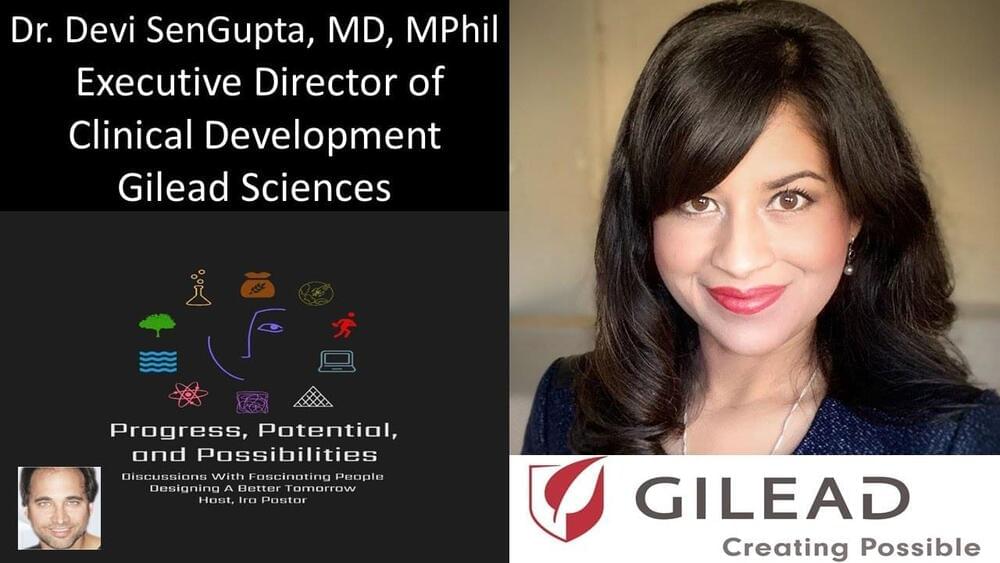As trust in traditional banks falters, the two most iconic names in tech and finance are joining together to create what might become America’s mightiest FinTech.
He might not helm Google anymore, but Eric Schmidt is absolutely still thinking like a tech CEO.
In an interview with NBC’s “Meet the Press,” Schmidt laid bare his techno-libertarian outlook when asked about whether artificial intelligence needs “guardrails” given its propensity to lie, confabulate, and, well, go kind of mad.
“When this technology becomes more broadly available, which it will, and very quickly, the problem is going to be much worse,” the former Google executive told MTP’s Jacob Ward. “I would much rather have the current companies define reasonable boundaries.”
A group of economists conducted one of the first empirical studies of ‘generative AI’ at a real-world company. They found it had big effects.
The relentless hype surrounding generative AI in the past few months has been accompanied by equally loud anguish over the supposed perils — just look at the open letter calling for a pause in AI experiments. This tumult risks blinding us to more immediate risks — think sustainability and bias — and clouds our ability to appreciate the real value of these systems: not as generalist chatbots, but instead as a class of tools that can be applied to niche domains and offer novel ways of finding and exploring highly specific information.
This shouldn’t come as a surprise. The news that a dozen companies have developed ChatGPT plugins is a clear demonstration of the likely direction of travel. A “generalized” chatbot won’t do everything for you, but if you’re, say, Expedia, being able to offer customers a simple way to organize their travel plans is undeniably going to give you an edge in a marketplace where information discovery is so important.
Using a specially designed capsule, researchers can now voyage through the digestive system, collecting new data about digestion and microorganisms. The work by a team including researchers at the University of California, Davis, Stanford University and Envivo Bio Inc., is published May 10 in papers in Nature and Nature Metabolism.
Most of the process of digestion takes place in our small intestine, where enzymes break down food so it can be absorbed through the gut wall.
“The small intestine has so far only been accessible in sedated people who have fasted, and that’s not very helpful,” said Professor Oliver Fiehn, director of the West Coast Metabolomics Center at UC Davis. Metabolomics is the study of the metabolome, the small molecules involved in metabolism in cells, tissues and organs. Fiehn is senior author on the Nature Metabolism paper and co-corresponding author on the Nature paper. Jacob Folz, a postdoctoral researcher at UC Davis, is first author on the Nature Metabolism paper.
In a series of quadrotor closed-loop control experiments, the drones underwent range tests, stress tests, target rotation and occlusion, hiking with adversaries, triangular loops between objects, and dynamic target tracking. They tracked moving targets, and executed multi-step loops between objects in never-before-seen environments, surpassing performance of other cutting-edge counterparts.
The team believes that the ability to learn from limited expert data and understand a given task while generalizing to new environments could make autonomous drone deployment more efficient, cost-effective, and reliable. Liquid neural networks, they noted, could enable autonomous air mobility drones to be used for environmental monitoring, package delivery, autonomous vehicles, and robotic assistants.
“The experimental setup presented in our work tests the reasoning capabilities of various deep learning systems in controlled and straightforward scenarios,” says MIT CSAIL Research Affiliate Ramin Hasani. “There is still so much room left for future research and development on more complex reasoning challenges for AI systems in autonomous navigation applications, which has to be tested before we can safely deploy them in our society.”
As part of our SLAS US 2023 coverage, we speak to Luigi Da Via, Team Leader in Analytical Development at GSK, about the lab of the future, and what it may look like.
Please, can you introduce yourself and tell us what inspired your career within the life sciences?
Hello, my name is Luigi Da Via, and I am currently leading the High-Throughput Automation team at GSK. I have been with the company for the past six years, and I’m thrilled to be contributing to the development of life-saving medicines through the application of cutting-edge technology and automation.
Technology As A Force For Good In People’s Lives — Dr. Emre Ozcan, PhD, VP, Global Head of Digital Health & Walid Mehanna, Group Data Officer And Senior Vice President, Merck KGaA, Darmstadt, Germany.
EPISODE DISCLAIMER — At any time during this episode when anyone says Merck, in any context, it shall always be referring to Merck KGaA, Darmstadt, Germany.
Dr. Emre Ozcan, Ph.D. is VP, Global Head of Digital Health, at Merck KGaA, Darmstadt, Germany (https://www.emdgroup.com/en), where he brings 15+ years experience in biopharma, med-tech and healthcare consulting with experience across strategy, research, marketing, and operations in several therapeutic areas. In his current role, he holds the accountability for the design and end-to-end delivery of digital health solutions to support Merck KGaA, Darmstadt, Germany franchise strategies and shape the architecture of the offering “around the drug” including devices and diagnostics.
EPISODE DISCLAIMER — The views and opinions expressed in this episode are those of the guest and do not necessarily reflect the views or positions of any entities they represent.
Dr. Devi SenGupta, MD, MPhil, is Executive Director of Clinical Development at Gilead Sciences (https://www.gilead.com/), where she leads the company’s HIV cure development program and during her time at the company has led multiple HIV treatment and cure studies. As head of the HIV cure program, she provides strategic direction for cross-functional internal teams and external multi-stakeholder collaborations developing combination approaches aimed at achieving long-term HIV remission.
Before joining Gilead in 2015, Dr. SenGupta was a physician scientist leading translational HIV immunology research as an Assistant Professor at the University of California, San Francisco (UCSF). Her NIH-funded program focused on identifying novel strategies to enhance cellular immunity against HIV.
Dr. SenGupta received her Bachelor of Arts in psychology and biology at Harvard University, MPhil. in neuropsychology at Cambridge University, UK, and MD at the University of Washington School of Medicine. She completed her internal medicine residency at Johns Hopkins Hospital and infectious diseases fellowship at UCSF.
Summary: For the first time, Google Quantum AI has observed the peculiar behavior of non-Abelian anyons, particles with the potential to revolutionize quantum computing by making operations more resistant to noise.
Non-Abelian anyons have the unique feature of retaining a sort of memory, allowing us to determine when they have been exchanged, even though they are identical.
The team successfully used these anyons to perform quantum computations, opening a new path towards topological quantum computation. This significant discovery could be instrumental in the future of fault-tolerant topological quantum computing.









